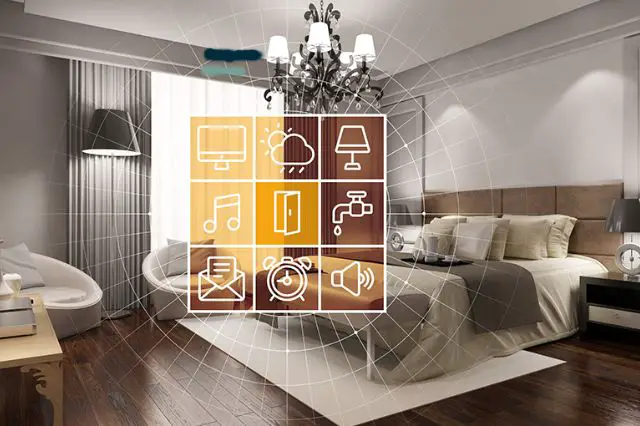In the hospitality industry, the quality of guest experience is pivotal to success. As competition intensifies, hotels increasingly use technology to enhance operational efficiency and customer service.
Among these technological advancements, management systems for the hotel industry have become essential tools. These techniques streamline operations, manage reservations, and handle customer interactions, all contributing to an improved guest experience.
The deployment of a hotel management system (HMS) can transform the way a hotel operates, from simplifying the booking process to ensuring that guest preferences are catered to efficiently.
This seamless integration of technology improves the efficiency of hotel operations and significantly enhances the overall guest experience. By automating routine tasks, staff can focus more on personalized service, making guests feel valued and improving satisfaction.
Streamlining Operations
Enhancing Check-In and Check-Out Processes
One of the most noticeable impacts of this management system is on the check-in and check-out processes. Automating these procedures reduces waiting times and potential errors. Guests appreciate a quick and easy check-in process after a long journey and an equally smooth check-out process when they depart.
Systems that integrate with mobile technology allow guests to check in or out via their smartphones, offering further convenience and reducing the need for physical contact—a significant consideration in today’s health-conscious environment.
Managing Room Assignments Efficiently
TheHotel management system enables automatic room assignments based on guest preferences and availability. This capability ensures that guests are allocated rooms that meet their specific requests, such as room location or proximity to hotel amenities, which enhances guest satisfaction.
Additionally, these systems can track the status of rooms in real time, which helps maintain high standards of cleanliness and readiness.
Personalized Guest Experiences
Remembering Guest Preferences
A robust management system can store data from previous stays, allowing hotels to personalize services for returning guests. Knowing a guest’s preferred room temperature, favorite breakfast items, or even pillow type can significantly affect how they perceive their stay.
Personal touches like these demonstrate attention to detail and a commitment to guest comfort, both critical in creating memorable experiences.
Offering Tailored Recommendations
Beyond personal preferences, these systems can also analyze data to offer tailored recommendations to guests, such as dining options, special events within the hotel, or local attractions that match their interests. By leveraging data intelligently, hotels can enhance the guest experience with personalized interactions that anticipate needs and interests.
Improving Communication and Responsiveness
Facilitating Better Staff Coordination
A management system acts as a communication hub for the staff. Whether updating the cleaning crew about a room’s status or notifying the concierge to arrange a tour for a guest, streamlined communications can significantly enhance operational efficiency.
This improved coordination ensures that guest needs are addressed promptly and accurately, contributing to a smoother, more enjoyable stay.
Handling Feedback and Complaints
Effective management systems also provide platforms for guests to give feedback during and after their stay. This immediate communication allows hotel management to address any issues in real-time, potentially turning a negative experience into a positive one.
Additionally, analyzing feedback through the system can help identify areas for improvement, further enhancing the guest experience over time.
Integrating a hotel management system is no longer just a matter of functional necessity but a strategic asset significantly influencing guest satisfaction. These systems streamline operations, personalize guest interactions, and enhance responsiveness, which is crucial for delivering superior guest experiences.
As the hospitality industry continues to evolve, the role of technology in shaping guest experiences will undoubtedly increase, making the adoption of advanced management systems essential for any hotel looking to thrive in a competitive marketplace.



Leave a Comment